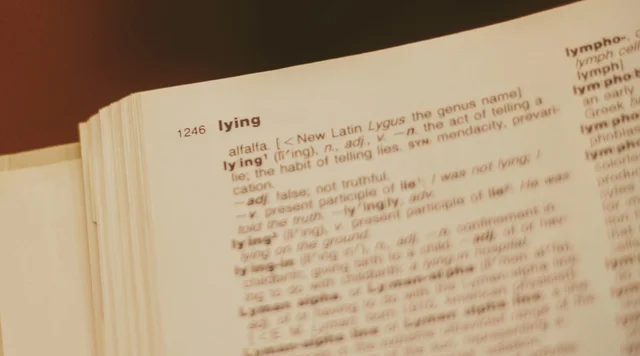As Andrew recently explained, the District of Delaware has a longstanding rule against "sandbagging," or saving arguments for a reply brief that should have been in a full and fair opening brief. But not every new argument is sandbagging.
In f'real Foods, LLC v. Hamilton Beach Brands, Inc., C.A. No. 16-41-CFC (D. Del. June 24, 2020), the defendants opposed a permanent injunction on sale of their commercial blenders by pointing out that the plaintiffs presented no evidence that their blender could meet the technical requirements demanded by one of defendants' customers (Dairy Queen).
In reply, the plaintiffs submitted new evidence and argued for the first time that their blenders could be modified to meet Dairy Queen's requirements.
Judge Connolly denied a motion to strike the argument. Even though it was new, it was "responsive to arguments Defendants made in their answering brief," and thus did not violate the local rule against sandbagging (LR 7.1.3(c)(2)).
This highlights important points on both sides of the fence:
- If you're moving to strike new arguments in a reply brief, you have to show why the new arguments should have been included the opening brief. The fact that the argument is "new" will not carry the day.
- If you're including new arguments in a reply brief, you have to tie the new arguments to the answering brief. The cleaner the connection, the better your odds of avoiding a motion to strike.
If you enjoyed this post, consider subscribing to receive free e-mail updates about new posts.





